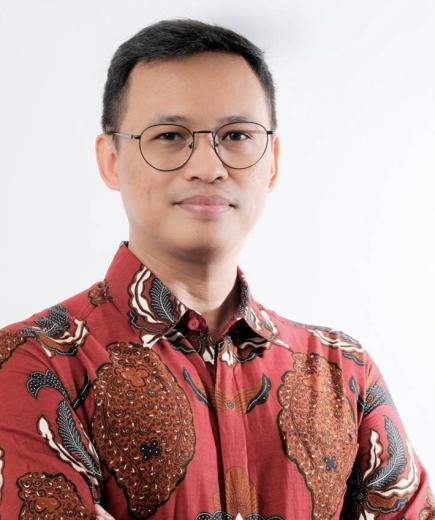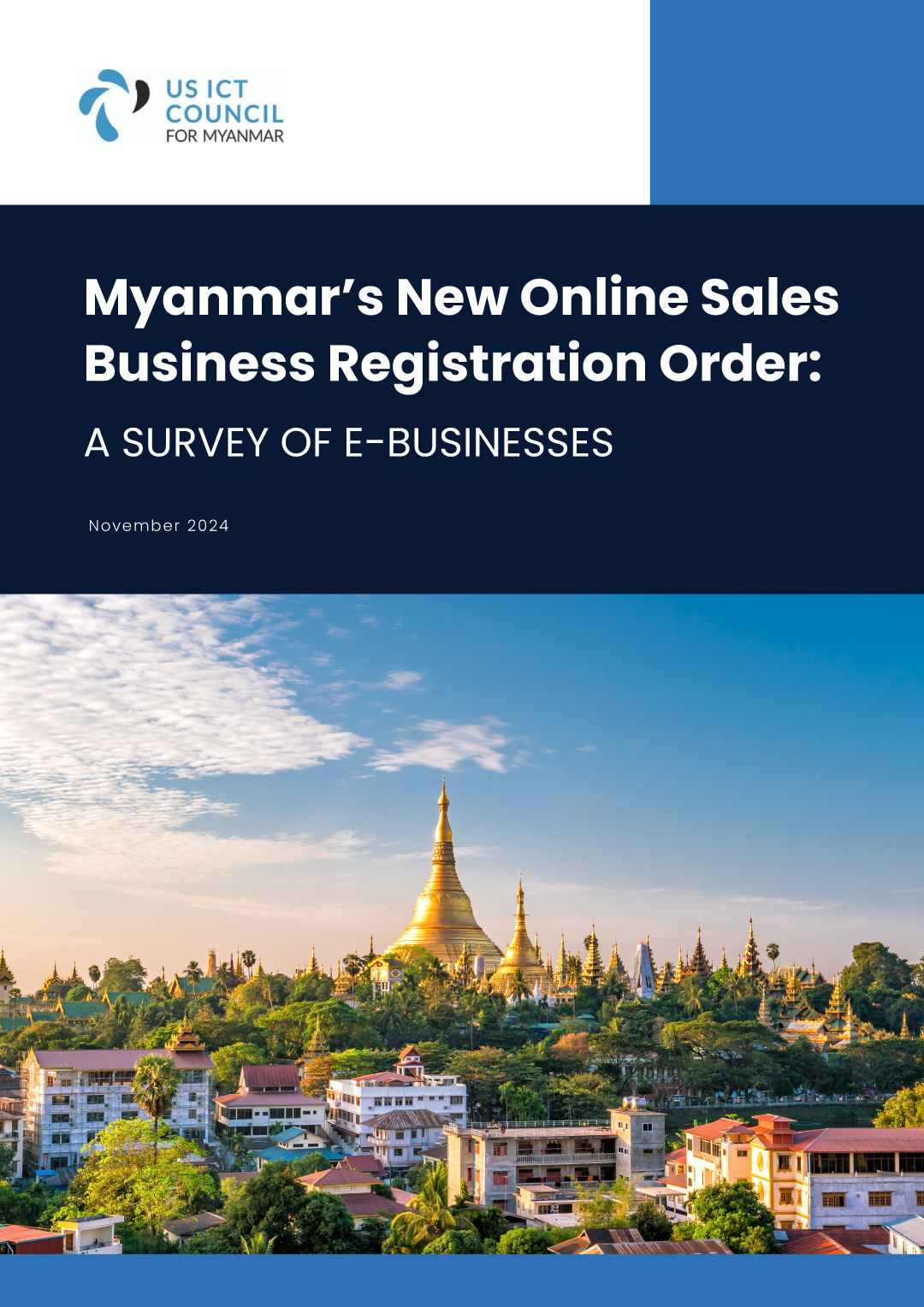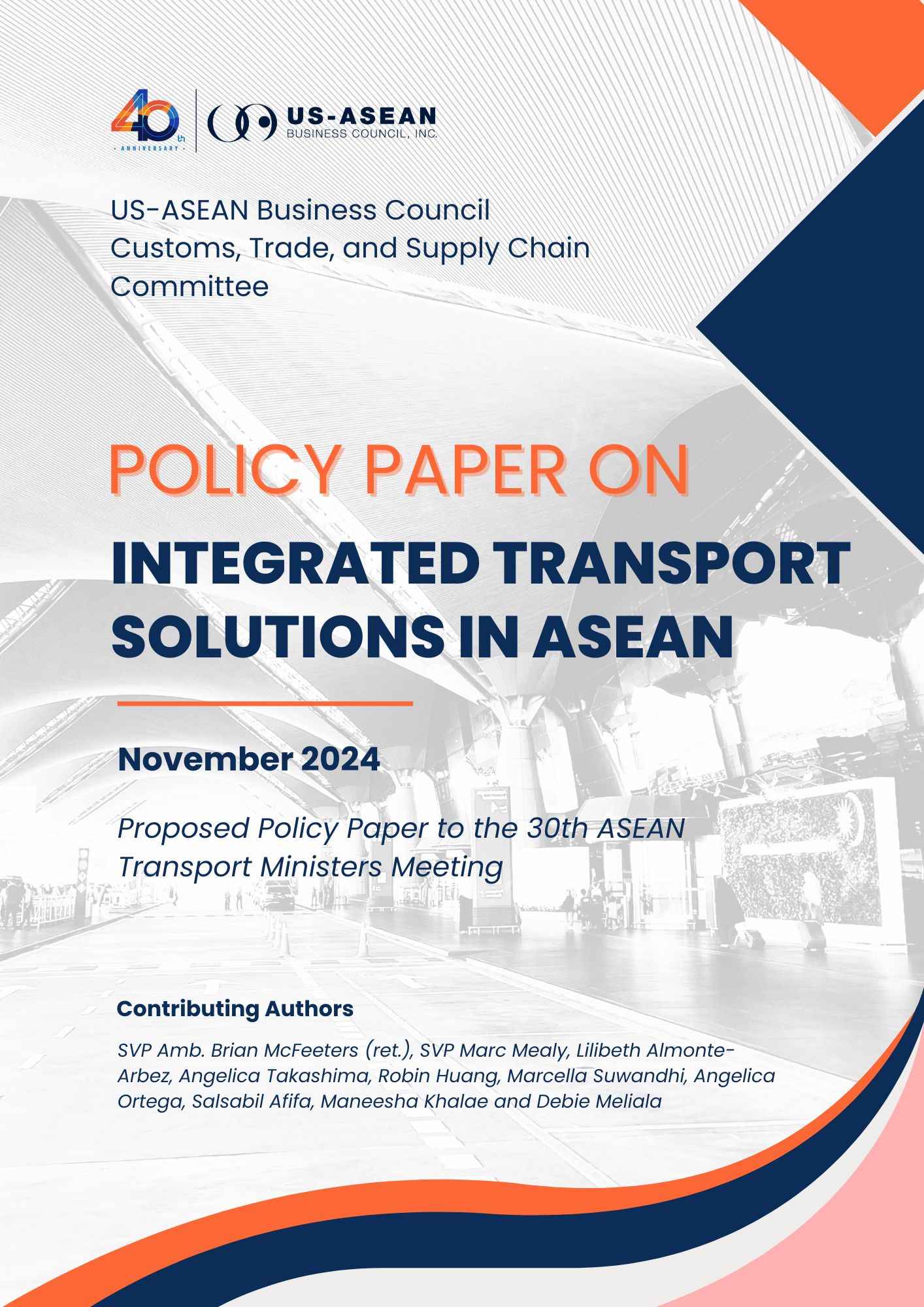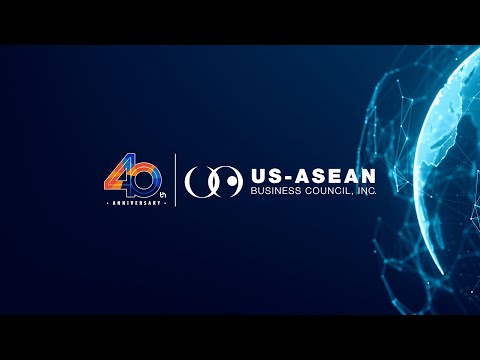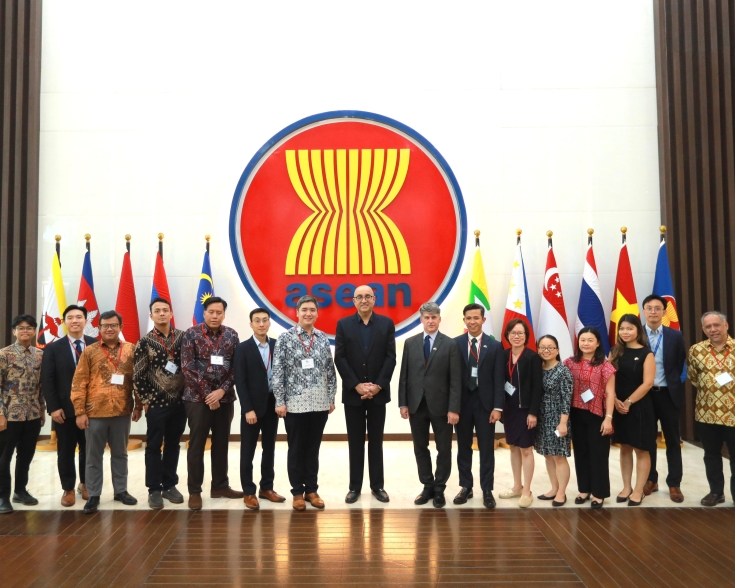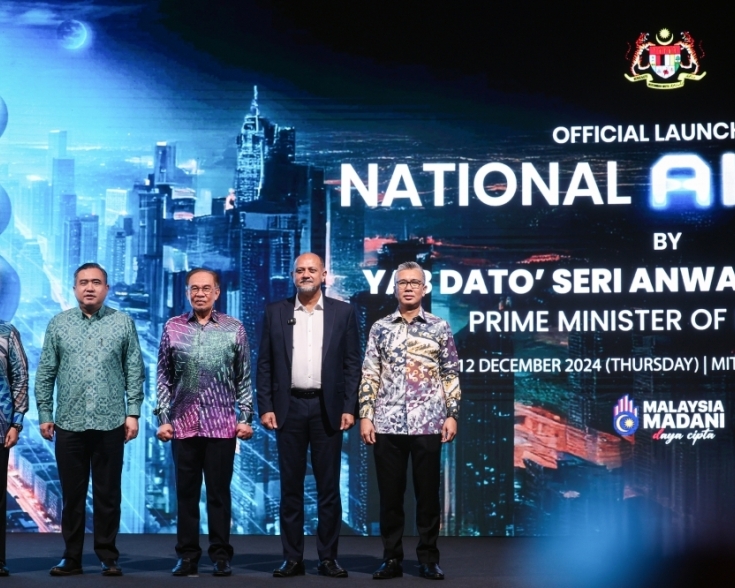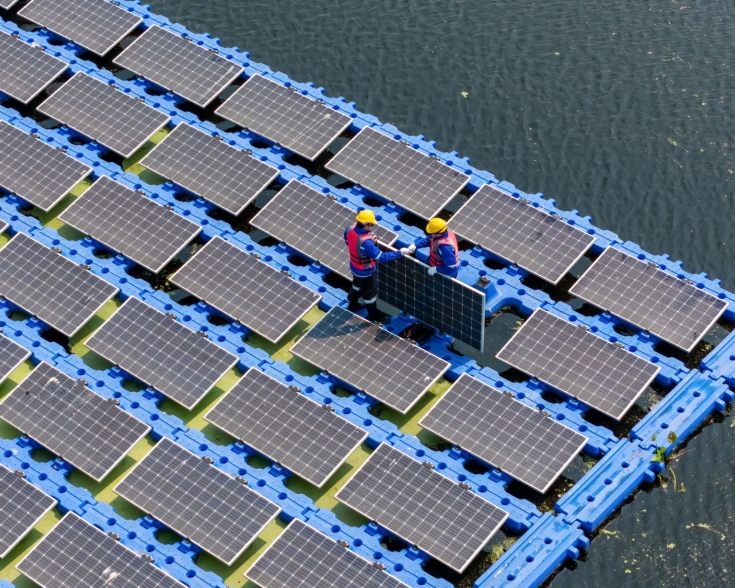ASEAN’s Emerging CCS (Carbon Capture & Storage) Market Development
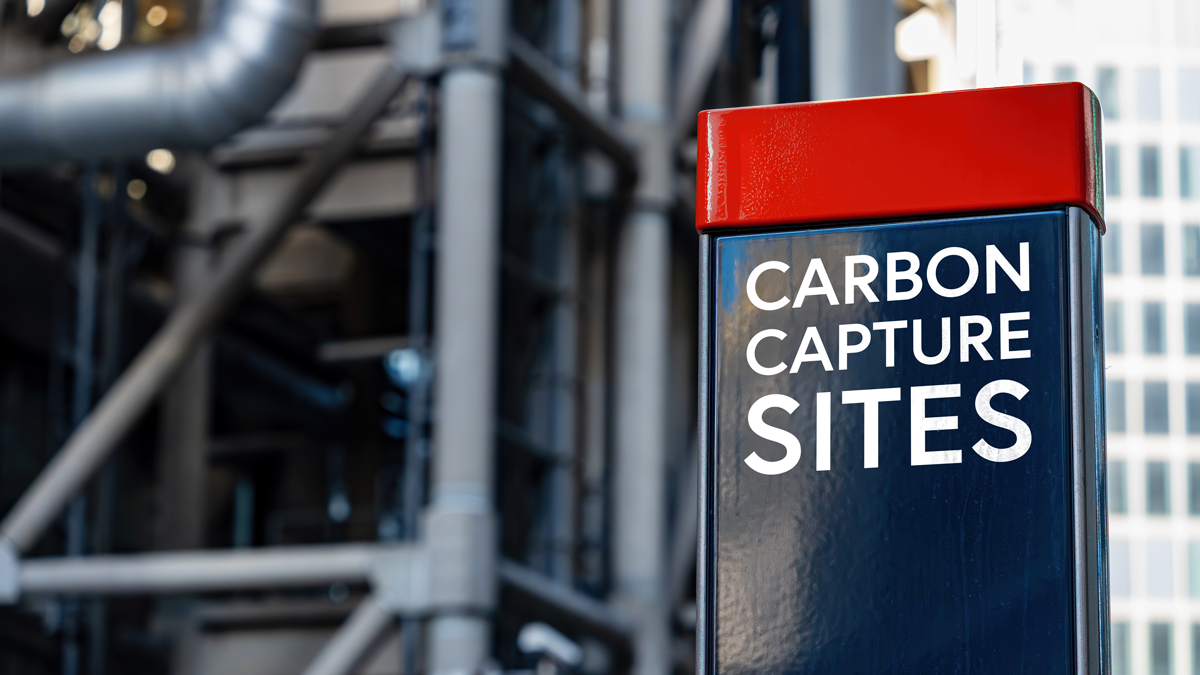
Following the issuance of a series of CCS-related legislative and business frameworks within ASEAN, the Government of Singapore has announced a consortium in which it will partner with ExxonMobil and Shell. The objective of the coalition will be to study the feasibility, safety, and economic benefits of cross-border CCS projects (in light of Singapore’s signed Letter of Intentwith Indonesia on the subject). Both nations and their corporate partners intend to commencetheir multilateral CCS project at full-scale by 2030, pending the findings of the consortium and other logistical preparations. Industry experts estimate that this joint venture will be able to capture and permanently store at least 2.5 million tons of CO2 per year, offering a new path toward decarbonization.
Singapore’s Second Minister for Trade and Industry Tan See Leng hopes to promote Singapore and Southeast Asia more broadly as a CCS hub for developers with the consortium. ASEAN neighbors are taking cues from Singapore and Indonesia, as Malaysia’s Petronas has also set up its own CCS regulatory framework with Japanese developers. The Government of Thailand’s Department of Mineral Fuels has added a “carbon business” amendment regarding CCS to its 1971 Petroleum Act. To make ASEAN into a gold standard for commercial CCS applications, these consortium-based initiatives will have to work to locate more potential injection sites anddevelop necessary technology solutions and infrastructure. They will also have to secure support from environmental policy officials and regulators that storing emissions underground and under the seabed can be done securely and soundly in the region.


